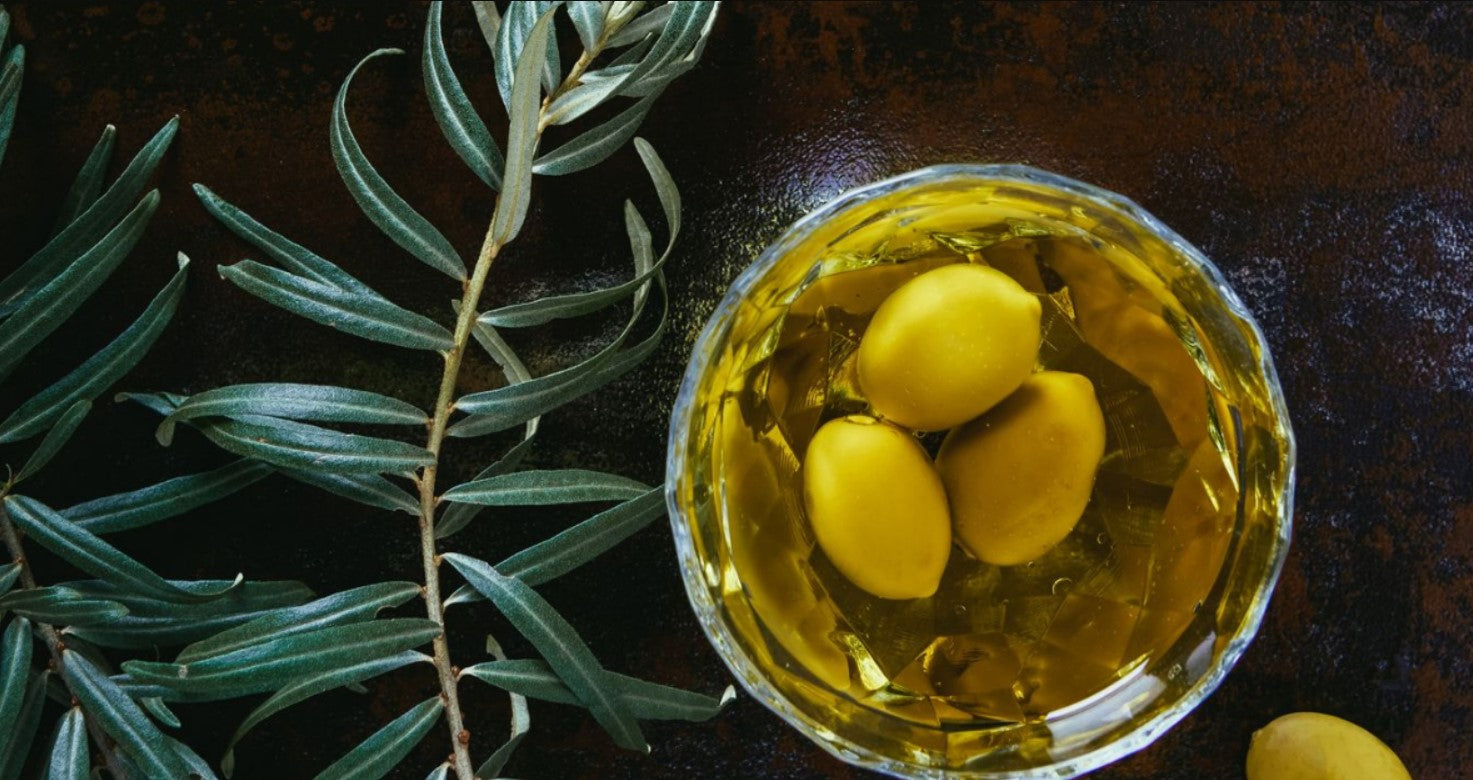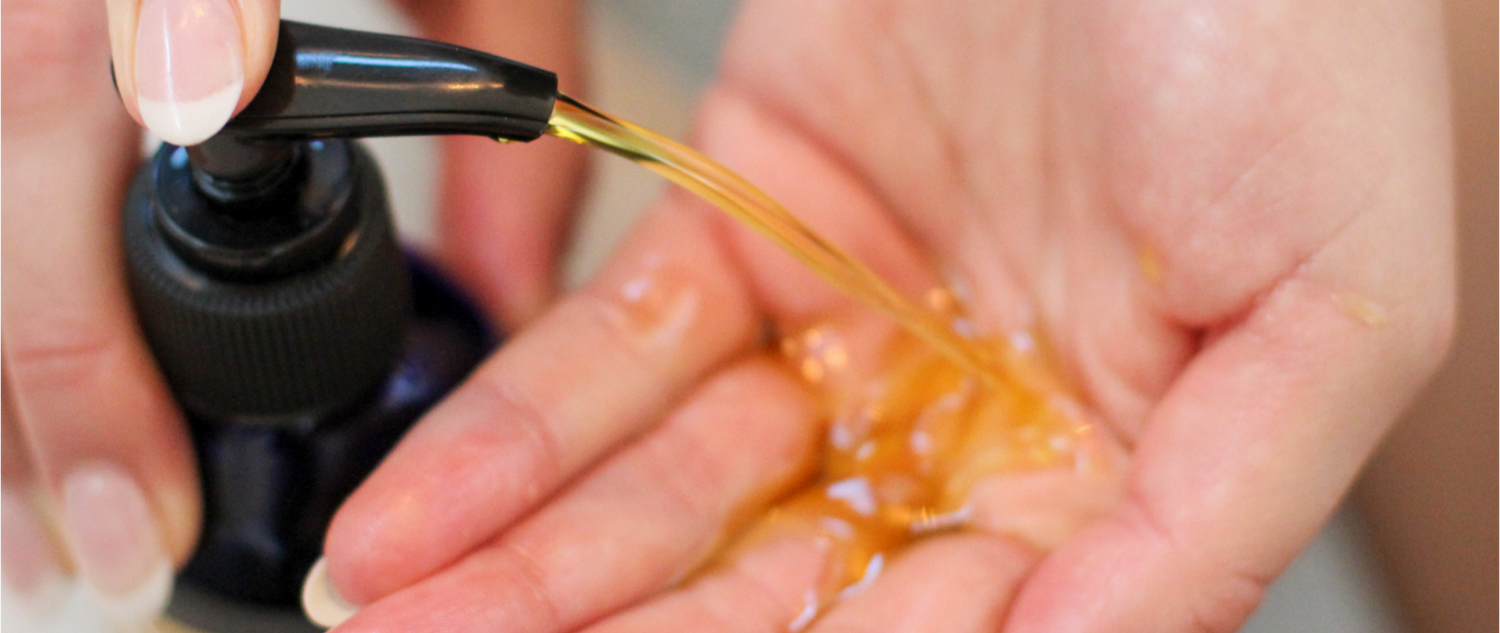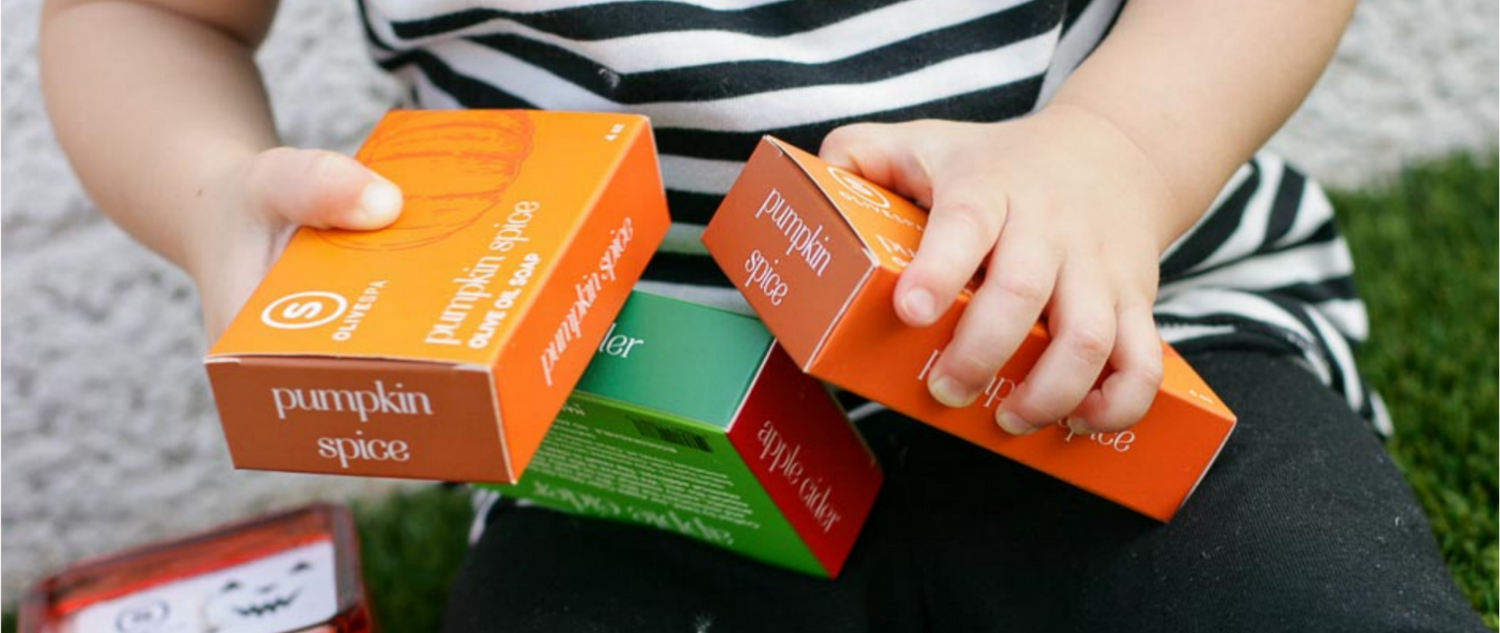For millennia, people have used olive oil for face and skincare, and Homer’s “liquid gold” remains a staple in soaps and beauty products.
In Egypt, olive oil-based ointments and cosmetics have been found in 5,000-year-old tombs, where they were used to preserve mummies.
In Ancient Greece, bathers at public baths would coat their skin in olive oil before using a thin metal blade to scrape away the mixture of oil, dirt, and sweat. The Romans later adopted this practice in their own baths.
Extra virgin olive oil (EVOO) has proven anti-fungal and anti-bacterial properties and is rich in antioxidants. This combination makes high-quality EVOO an ideal ingredient for soap.
Dozens of phenolic compounds in extra virgin olive oil have been identified, with several proven to prevent skin infections. There is also evidence that vitamin E, an antioxidant found in extra virgin olive oil, can kill the bacteria that cause acne, eczema, and psoriasis. As a result, dermatologists recommend applying raw EVOO to the skin.
Unlike regular olive oil, extra virgin olive oil is unrefined (not processed with chemicals or heat) and contains much less oleic acid, meaning its fat hasn’t been broken down. It has a distinctive rich color.
Extra virgin olive oil, known by its acronym EVOO, is the best oil for your skin. Made by cold-pressing olives high in oleic acid and monounsaturated fats, EVOO balances bacteria-fighting properties and antioxidant benefits for the skin.
Packed with high polyphenol levels and a free acid strength of at most 0.8%, extra virgin olive oil meets all your skin’s needs without losing any of the plant’s potency.
Regular olive oil, on the other hand, is not as beneficial for the skin. Unlike EVOO, which retains nutrients from its natural source, regular olive oil and olive pomace oils are refined during production to withstand higher heat.
While a higher smoke point makes regular olive oil great for cooking, refinement burns away many healthy fats, making it a poor choice for skincare. With a very low polyphenol count and no antibacterial properties, regular olive oil leaves your skin defenseless against free radicals.
Regardless of how olive oil is used in skincare, one thing remains constant – only extra virgin olive oil provides the aforementioned benefits. Refined olive oil has far fewer antioxidants and phenolic compounds.
To sum up, olive oil is a skincare powerhouse! Offering deep hydration and rich nourishment thanks to its vitamins A, D, E, and K. Its antioxidant properties help combat aging and protect against environmental damage, while its natural anti-inflammatory and antibacterial qualities soothe and heal the skin. Ideal for all skin types, olive oil leaves your skin feeling soft, smooth, and rejuvenated. This is why we use the only the best olive oil, because we believe in the power of nature with no chemical additives. The result is clean, fresh, glowing skin.





